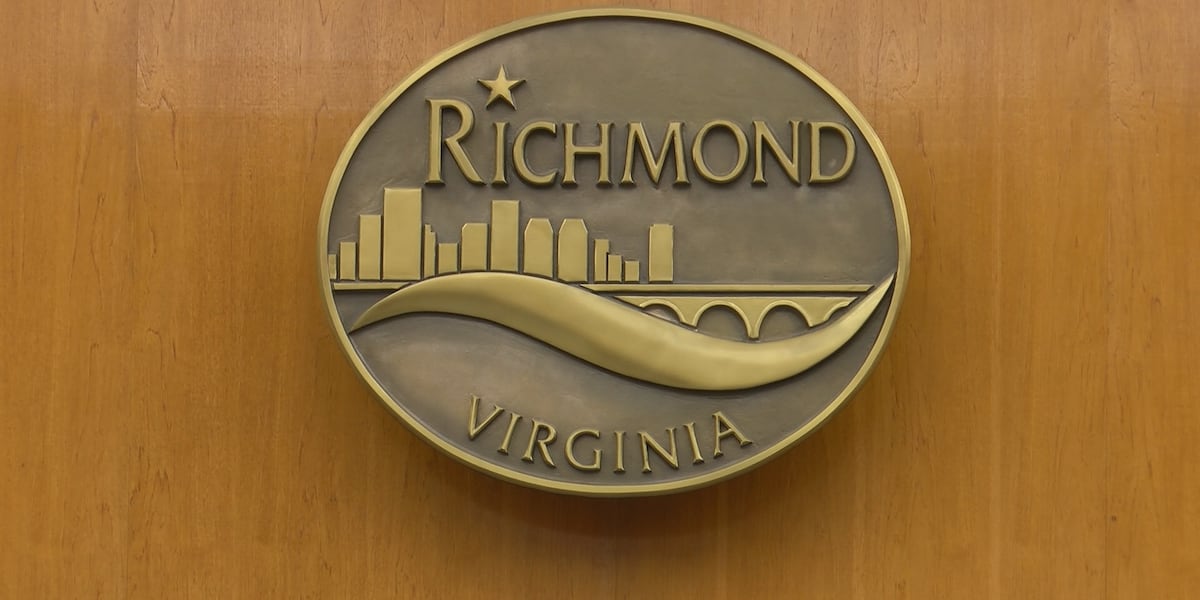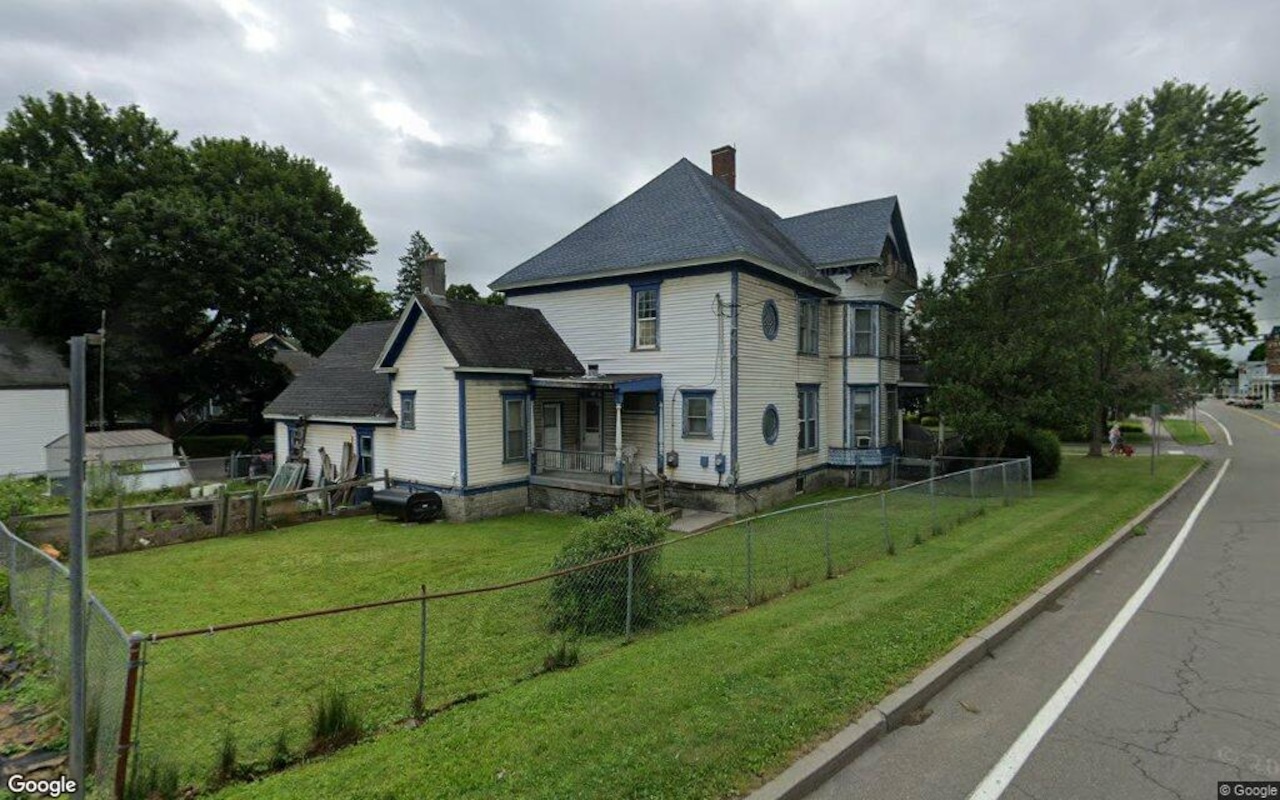R
ichmond City Council is set to decide on Tuesday, Oct. 14 whether to lower the real‑estate tax rate from its current $1.20 per $100 of assessed value or keep it unchanged. The council has debated this issue annually, but this year a growing number of members favor a rollback to ease the burden on homeowners dealing with rising property values.
Councilmember Reva Trammel of the 8th District has long advocated for a reduction, but earlier votes fell short. “We’ve seen years where the rate stayed the same, and now we must return money to residents,” said 4th District Councilmember Sarah Abubaker. State law mandates that the city consider a rollback if its revenue exceeds 101 % of the previous year’s collection, a safeguard against continual tax hikes.
The proposed state‑mandated rollback rate would be $1.14, but Abubaker, Trammell, and 5th District Councilmember Stephanie Lynch are pushing for $1.16, which would still generate incremental revenue for Richmond. “We aim to be reasonable and compromise, using the rollback rate as a guidepost while returning some money to the people,” Abubaker explained.
Richmond’s $1.20 rate is among the highest in the Commonwealth. Abubaker noted that comparable counties with similar challenges—such as being landlocked or holding large amounts of untaxed land—have successfully lowered rates. “The city’s budget has ballooned by 37 % in the last five years, and we can’t keep inflating it without people fighting back,” she said.
A rollback would save families but cost the city roughly $17 million in revenue. Abubaker argued that the relief, while modest, matters when every dollar counts. However, Mayor Danny Avula opposes a reduction at this time. He cited federal uncertainties, the current government shutdown, and the need for fiscal flexibility. “We have deferred maintenance and infrastructure needs, and we must keep reserve funds for essential services if federal support falters,” Avula said. He also warned that the upcoming real‑estate assessment freeze could further strain finances, making a rollback premature.
The mayor emphasized that the city must continue investing in schools, services, and customer support, and that reducing revenue now would undermine those goals. He suggested that opportunities for a future rollback would arise once the city’s financial position stabilizes.
Both Henrico and Chesterfield have recently lowered their tax rates, a fact that Abubaker used to illustrate the need for prudent fiscal management. “It feels tone‑deaf to stockpile more while asking residents to shoulder the burden,” she said.
The rollback requires a majority of the nine council members—five votes—to pass. The decision follows last month’s contentious discussions and a postponed meeting, during which council members sought additional details before voting. The outcome will shape Richmond’s tax landscape and its ability to meet future obligations.














